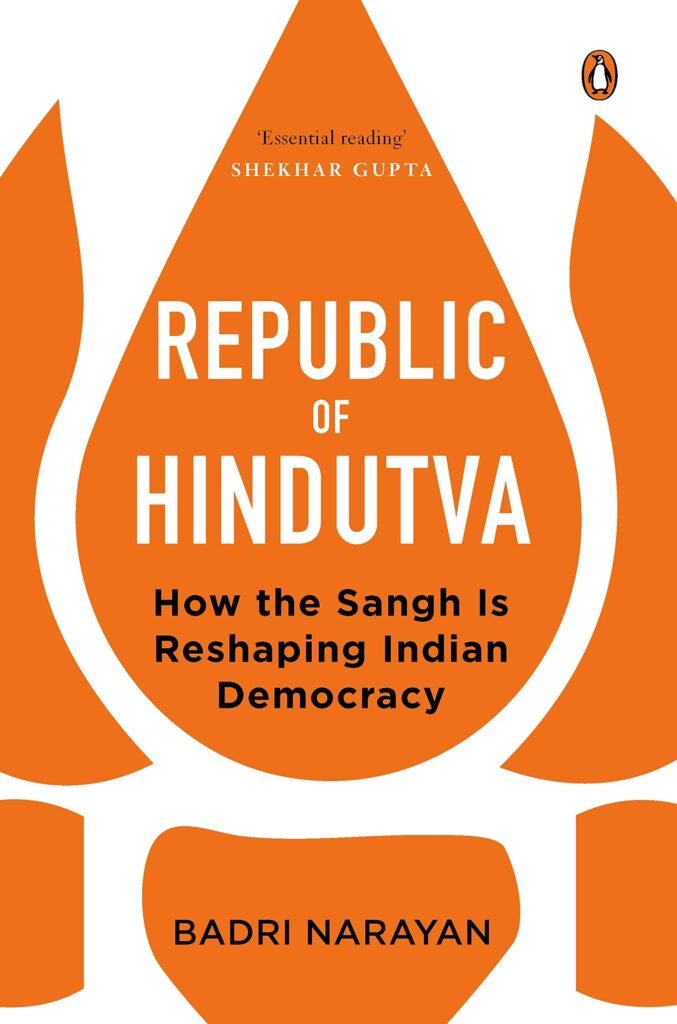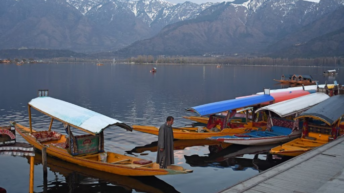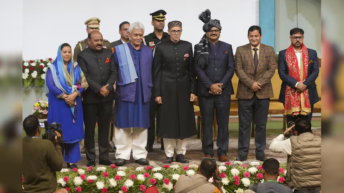|
Listen to article
Getting your Trinity Audio player ready...
|

Republic of Hindutva: How the Sangh is Reshaping Indian Democracy authored by Professor Badri Narayan focuses on contemporary Indian politics, relationship between the Bharatiya Janata Party and the Rashtriya Swayamsevak Sangh, and dynamics of caste in current times. Badri Narayan starts by saying ‘RSS as an organization is both a reality and a myth. There is no final word on it.’ The book, thus, brings out the evolving nature of the organization and how it has renewed itself with changing times. Another observation that stands out is how the political opposition targets that image of RSS which is not its reality. He writes, ‘The political forces attacking the RSS are in fact attacking its shadow but unable to understand the real RSS’. These observations by Badri Narayan stem from his personal experience of attending RSS shakhas, his association with Left groups, observing RSS through their lens and then observing the organization neutrally in order to understand its work among the Dalit groups as an outsider. Professor Narayan admits the ‘intellectual baggage’ he carried about RSS made it difficult for him to resume his ties with the organization.
The book is an excellent resource to understand the sewa work of RSS among the deprived communities of society, and the many ways RSS employs to reach out to the Dalit and tribal groups in order to include them in the Hindutva fold. It also delves into how the BJP has benefitted in expanding its base from these activities of RSS and the strategies it has used during the 2014 Lok Sabha elections, 2017 Uttar Pradesh Vidhan Sabha elections and 2019 Lok Sabha elections. Most importantly, the book breaks the mould of the idea of one uniform category of Scheduled Castes and the belief that there are no schisms amongst them. It reveals the dense web of intersectional relationships and dynamics among the various castes in the above category, and throws light on how a few castes have benefitted from the affirmative actions of the government while many still remain voiceless and deprived. Competitive Hindutva between RSS working with a long-term vision and new radical organizations which have propped up to gain immediate political gain is also something the book explains in depth.
There is an interesting section in the book on how politics has changed in the post liberalization era and lost touch with the aspirations of common people. Professor Badri Narayan points out that post 90s economic liberalization, politics has become ‘politics of governance’ with domination of technocrats and bureaucrats. Politics of governance has become a part of the politics of development and politicians have started depending increasingly on experts who are essentially disconnected from the public and have ‘emerged as armchair politicians’. The Professor makes the stinging observation that this kind of politics has ‘outsourced the work among people to a new institution, namely the NGO. He writes, ‘the social responsibilities of corporates were outlined, but no attempt was made to ascribe social responsibilities of politicians’. This politics has now slowly given way to ‘Social Politics’ and Prime Minister Narendra Modi has called upon the leaders towards building social politics on issues related with ‘development of ecology, environment and water.’ ‘Ganga Yatra’ is a case in point here. This aspect observed by the author needs more discussion and possibly a whole new book.
If not for a few editorial errors, the book is an excellent read for students of Indian politics, even when one might disagree with the hypothesis, it still makes one richer with fascinating anecdotes and statistics of the nuanced society and politics of India.






Excellent, looking forward to reading the book
Nice to see such ancient book, eagerly waiting to read
Great summary. Looking forward to reading the book.
Prof Badri Narayan is an unique academic voice, who beings fresh perspective and approach . He sets analytical narratives of social political realities. Look forward to read .